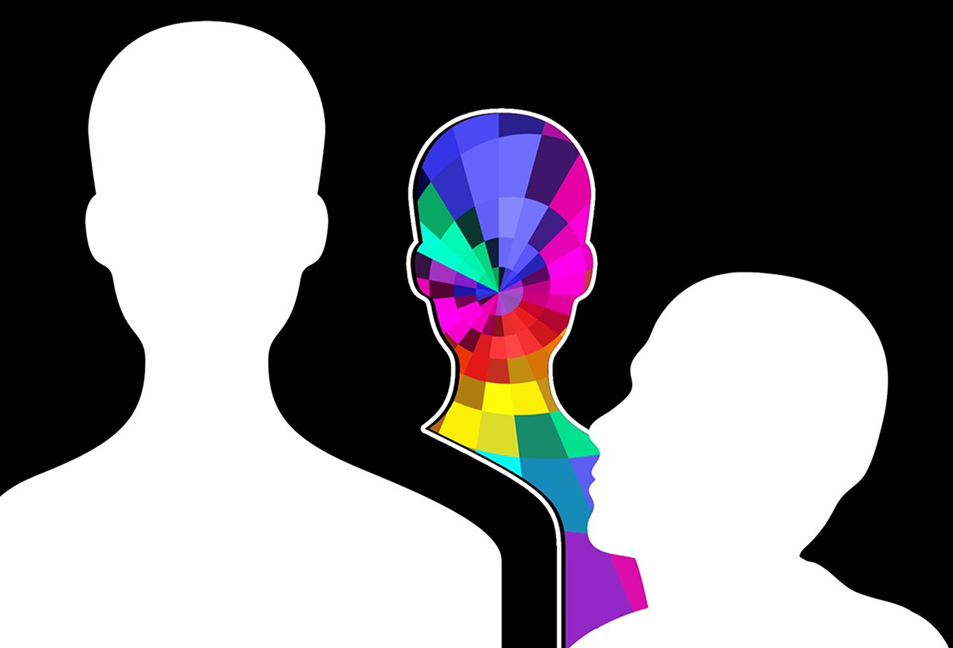Social perception and interaction
Perception is inherently social: recognizing faces, voices, intentions and emotions depends on dynamic cues. Contemporary UK research dissects rapid social perception (micro-expressions, gaze-following), the influence of culture and expectation on social signals, and how social contexts shape low-level sensory weighting. This thread intersects with developmental studies (how infants learn social cues) and applied topics (designing fairer facial-recognition systems or improving accessibility).
Ethics, diversity and reproducibility
Two cross-cutting trends are ethical reflexivity and methodological robustness. British researchers increasingly foreground the societal impacts of perceptual technologies—privacy in sensory data, bias in algorithmic perception, and consent in immersive experiments. Concurrently, the field is strengthening reproducibility: pre-registration, larger samples, open data and multi-lab replications are becoming standard practice, improving confidence in perceptual effects and individual differences.
Translation and interdisciplinary collaboration
The UK’s research culture encourages bridges between psychology, neuroscience, engineering, design and clinical practice. Collaborative projects often embed perception science within industry partnerships (consumer tech, healthcare) or public-sector initiatives (transport safety, education). This interdisciplinary posture accelerates translation while ensuring theories are tested in contexts that matter.
Looking forward: directions and challenges
Future advances will likely focus on integrating predictive computational models with multisensory, embodied data collected in naturalistic settings; clarifying how individual differences emerge from neurodevelopmental trajectories; and creating perceptual technologies that are accessible, ethical and adaptive. Challenges remain: balancing experimental control with ecological validity, interpreting complex model outputs, and ensuring that applied perceptual systems do not exacerbate social inequities.

